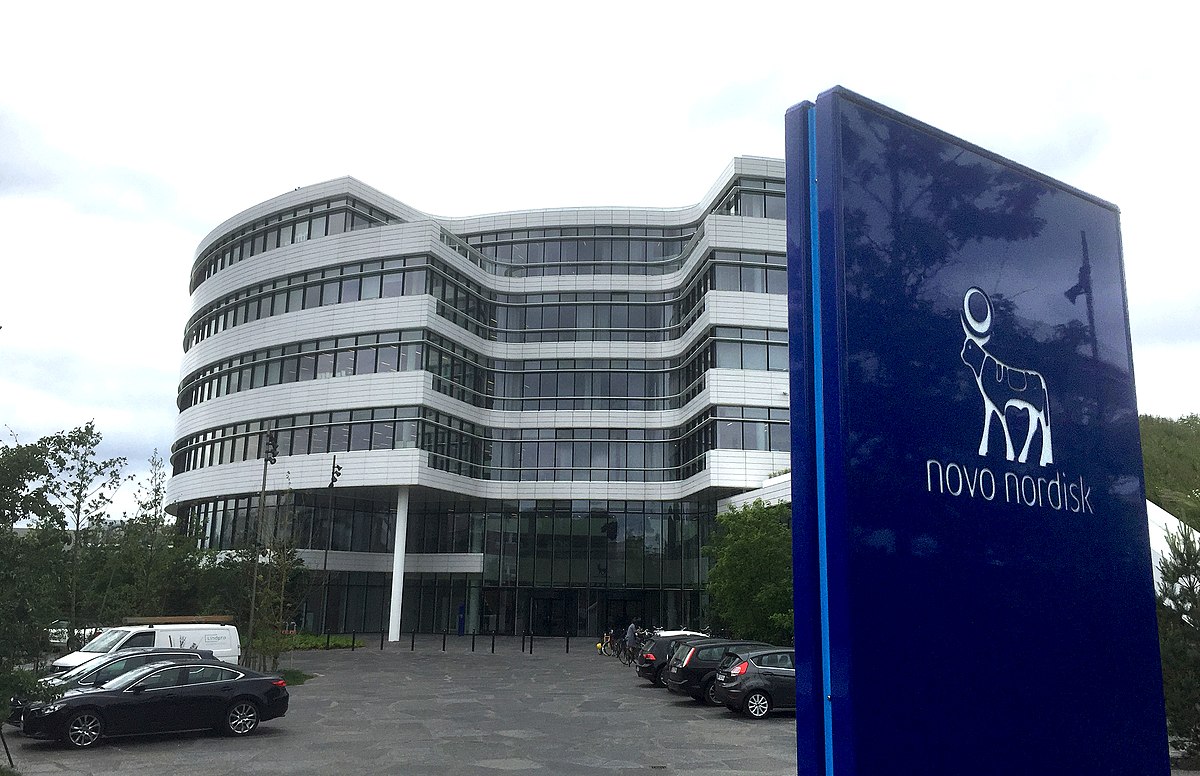If you have the right to vote in Tuesday’s local election, we recommend that you do one of three things. They are, in declining order of preference: 1) vote Socialdemokraterne, 2) vote Venstre, 3) vote for anyone else.
In a departure from our standard practice, this newspaper is giving a blanket endorsement to a political party. But while we support Socialdemokraterne as the best party to lead Copenhagen for the next four years, we are also rooting for a strong Venstre performance.
During the campaign, most of the focus has been on the race for the mayor’s office. But in Copenhagen, the mayor – known officially as the lord mayor – is as much a political executive as a manager of a team of six independent deputy mayors. Often from differing parties, and normally including councillors from opposing parties, deputy mayors set the city’s policy for their areas of responsibility.
Critics of this system, including the mayor, Frank Jensen (S), argue that it is territorial, expensive and less efficient than traditional systems of city government. The criticism is valid, but used correctly it can benefit the city by allowing the mayor to place opposition deputy mayors in positions where a member of his own party might not be the right person for the job.
If Mayor Jensen were to remain in office, as is expected, he should appoint his main rival, Pia Allerslev (V), the current deputy mayor for culture, to take over the more powerful office of deputy mayor for environmental and technical affairs.
The position, which includes responsibility for the city’s transport policies, would put Allerslev in charge of helping Copenhagen get beyond the ‘two wheels good, four wheels bad’ mantra long repeated by the parties on the left. Challenging this mindset directly would be politically inconvenient for the mayor. Venstre, which is more car-friendly than the parties on the left, would score political points by coming up with a pragmatic traffic policy.
Given its support among businesses, Venstre could also stimulate efforts to change Copenhagen’s reputation as a lousy place to do business.
Mayor Jensen has proven that he deserves the chance to remain in office for another term. The city is doing well. Copenhagen wound up 537 million kroner in the black in 2011, while also expanding public services. Internationally, its image has never been stronger.
That doesn’t mean the city isn’t without its problems. In addition to traffic congestion, Copenhagen has an abysmal business reputation, housing is hard to come by, it’s expensive to do anything here, and whether you come from Lolland or Los Angeles, it’s hard to feel at home. Mayor Jensen is the right person to lead efforts to tackle these problems, but he should keep in mind that the best people to help him might not be sitting on the same side of the political aisle as he is.















